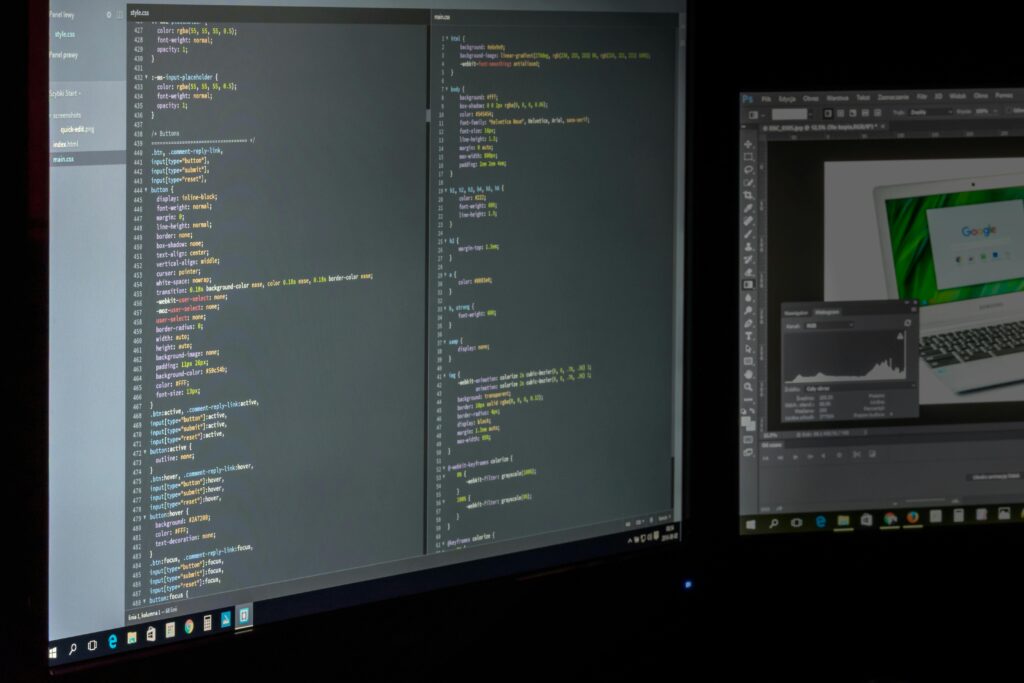Digitalization and artificial intelligence have paved the way for technology integration in the education system. The steady growth will continue even in 2025 where learning will become further more accessible, flexible, and affordable. The evolving education ecosystem will continue to bridge the geographical and socio-economic divides through new technology and experimentation.
Educators can leverage the tech revolution to improve productivity, streamline processes, explore creative ways for teaching, and ultimately deliver better student outcomes. By assessing the upcoming new trends in education in India in 2025, institutions can redefine learning and be at the forefront of the trending ways to connect with learners.
So, without further adieu, here are 7 new trends in education in India that you must look out for!
- The Ever-Growing Blended Learning
The Covid-19 outbreak toppled the traditional education system completely. To adapt to the new and changing times, blended learning was brought to life through the New Education Policy (NEP) 2020. Here, virtual modes and face-to-face learning were merged to advance the learning ecosystem in the new digitalized era. Since then, blended learning has been evolving continuously.
Even in 2025, it will continue to grow with the integration of AI in the education sector and in virtual classrooms. Blended learning in 2025 will make education more personalized, streamlined, efficient, and accessible. On the other hand, in-person classrooms will focus on hands-on experiences and collaboration. The blended learning model ensures students experience the best of both, online and in-person, worlds!
- Focus on Entrepreneurship Studies
Union Budget 2025 promotes measures to support small enterprises and to boost startups in India. It also covers doubling the credit guarantee cover to Rs 20 crore & reducing guarantee fees. Similarly, new initiatives & reforms targeted at women and under-represented entrepreneurs were coined in the budget. These reforms are a declaration of a new wave in India that supports homegrown start-ups.
Many institutions and schools in India are planning to add entrepreneurship study courses or chapters to help shape the minds of youngsters from an early age. Startup incubations and innovation hubs are the key focus areas that might be explored. These small yet effective initiatives will develop necessary skills in youngsters to create and scale businesses and help startups scale at a rapid pace in India.
- Microlearning
By now, most of the educators are aware that students retain limited knowledge in a single session if it is too lengthy or monotonous. The growing digital integration has reduced the attention span of young learners. Thus, use of microlearning has now become a norm. It is a style of teaching where complex topics are broken down into bite-sized content pieces which students retain the most. Microlearning, in general, advocates spaced-out and short learning that can improve students memory as well as help them understand topics on a deeper level. An effective microlearning strategy is focusing on 2 to 10 minute sessions that are multimedia-rich where students get sizable information in the shortest amount of time.
- Gamification
Interactive and immersive learning will continue to transform the education space every year. The industry has constantly evolved and made conscious efforts to promote gamification in the education ecosystem. Gamification is the use of technology and eye-catchy projections to keep students hooked into the lectures. It assists students learn concepts deeply and retain information better. As long as technology keeps evolving, gamification and digitalization in the education ecosystem will also continue to be a bigger part of a student’s life. So, watch out for this ever-evolving change in the education ecosystem as it will evolve significantly in 2025 as well.
- Bridging Skill Gaps
The biggest problem a graduate faces after completing their studies is lack of fitment in the job market or in the entrepreneurial space. The skills learned during studies are often completely different from what a job demands. Thus, the need for changing the curriculum or adding a few more topics around skills relevant to jobs is high and will be a noticeable trend in 2025. Skill development for students is necessary and of paramount importance.
Along with bridging the skill gaps, digital literacy has also become an important aspect. Some aspects that can be covered are –
- Searching, retrieving, and applying for information
- Getting a detailed know-how of social and ethical concerns regarding digital citizenship and responsibilities.
- How mindfulness and awareness will help you stay safe online.
- Use of emerging, new technologies
- STEAM-based learning
The full form of STEAM is Science, Technology, Engineering, Arts and Math based learning. Arts as a subject is integrated in the traditional STEM based learning. STEAM-based learning helps students acquire well-rounded abilities to ensure they can adapt quickly to changing landscapes. Learners will be able to keep up with the fast-paced environments. In 2025, many institutions plan on covering STEAM-based learning to ensure their students are future ready!
- Mental Well-Being
In 2025, the digital landscape will be completely different for the current generation. Students are mentally stimulated at all times either due to excessive mobile use or digital consumption. Sooner or later, it’s obvious that they might start facing some challenges with respect to their mental well-being and overall health. Hence, institutes must ensure students’ health is taken care of.
Insurtech like FlashAid is assisting students with online therapy, check-ins, and self-care tools to improve mental health. Explore FlashAid to know more about how you can improve your student’s well-being.
Conclusion
These are the 7 new trends in education in India in 2025 to look out for. Expect these new trends to grow significantly in the next few years and change the landscape of the education ecosystem. As an educator or as a key stakeholder in an institute, you can either be a part of this new change or continue following traditional practices that have become outdated. Adapting to new tech and understanding the impact of AI on the education system will give you an edge from the others and help improve students’ outcomes significantly.
